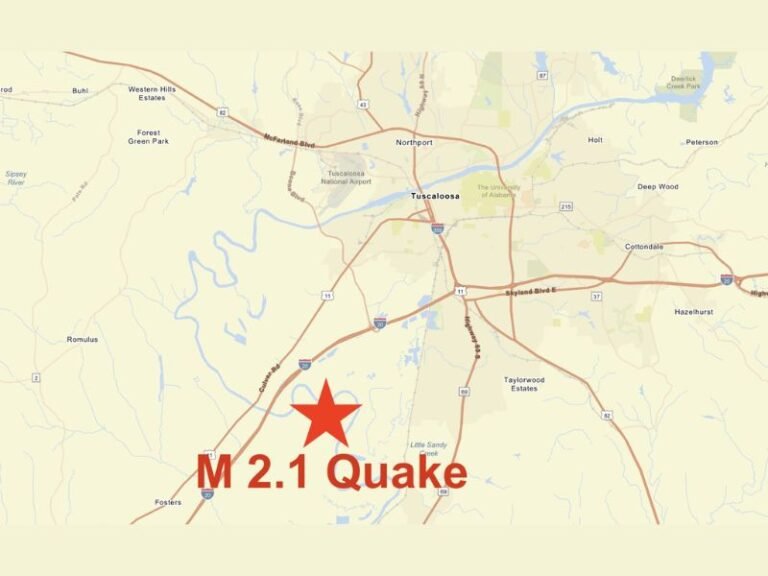Chapel Hill Flooding Raises Concerns Over Smart City Plans and Lithium Infrastructure
CHAPEL HILL, NC — As flooding hits Chapel Hill, North Carolina, speculation is growing online about whether the deluge is just a freak weather event — or somehow connected to smart city development plans and emerging lithium infrastructure projects.
A viral tweet from the account In2ThinAir declared the area “UNDER WATER,” while another post questioned whether the flooding was linked to efforts to transform the town into a tech-forward smart city.
Smart Cities and the Lithium Connection
A resurfaced article titled “Chapel Hill: the Next Smart Town?” authored by Jo Kwon explores Chapel Hill’s interest in joining the growing network of smart cities — communities that rely on high-tech infrastructure, energy grids, and AI-driven urban planning.
The article links smart city ambitions to increased reliance on lithium-powered technologies, including electric vehicle infrastructure, grid storage, and AI monitoring systems.
Critics argue that such projects concentrate control and energy use, making towns like Chapel Hill more vulnerable to infrastructure manipulation or targeted disruption.
Flooding Fuels Conspiracy Fears
With parts of Chapel Hill experiencing sudden and severe flooding, some voices online are speculating that this was not a random weather event. Theories suggest a coordinated agenda to clear or reshape the area for “green urbanization” projects under the smart city banner.
While no official agency has confirmed any such link, hashtags like #SmartCityAgenda and #WeatherManipulation have been trending across platforms like X (formerly Twitter) and Reddit.
One user asked:
“Why is CHAPEL HILL being FLOODED right now? SMART CITY… Powered by… Lithium.”
What Experts Say
Urban development analysts acknowledge that smart cities are on the rise, particularly in university towns like Chapel Hill with high innovation capacity. But they warn against drawing causal links between weather events and infrastructure strategy without evidence.
“There’s no proof that weather is being altered to advance smart city goals,” said Dr. Lena Whitley, a planning expert at UNC Chapel Hill. “However, climate resilience and digital modernization do go hand in hand. Communities that flood today may indeed be rebuilt tomorrow with different priorities.”
Government Response
So far, local and state authorities have focused their statements on emergency response and infrastructure repair, without addressing the online theories.
The North Carolina Emergency Management team has not commented on smart city concerns but did confirm several roads in and around Chapel Hill remain inaccessible due to rising waters.
What’s Next for Chapel Hill?
With interest in smart technologies growing and climate challenges intensifying, Chapel Hill may soon find itself at the center of both innovation and controversy.
Questions remain:
-
Will this flooding accelerate smart city investments?
-
Is there a public debate happening about lithium-related projects?
-
How much transparency exists around Chapel Hill’s urban planning goals?
Do you live in or near Chapel Hill and have thoughts on its smart city direction or recent flooding? Join the conversation and tell us your experience at saludastandard-sentinel.com — where local stories meet deeper inquiry.







